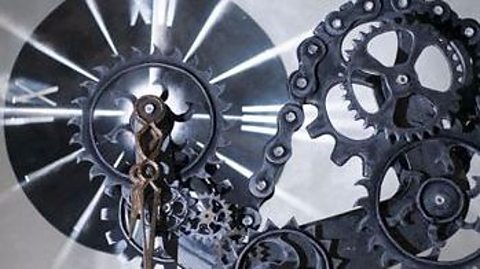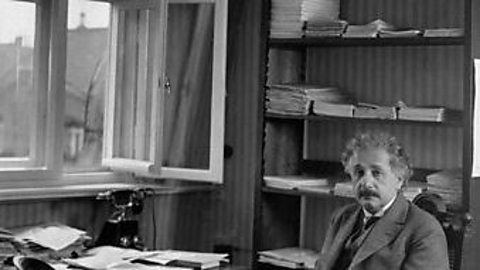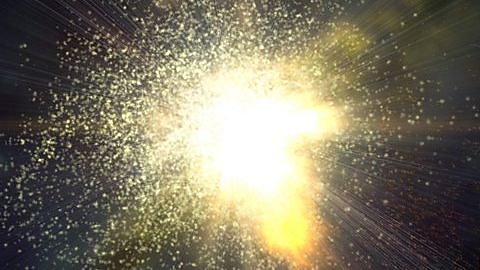Smashing particles
Buried beneath the French-Swiss border, the Large Hadron Collider (LHC) is the largest machine in existence.
The scientists who work with it are conducting some of the most complex and important physics experiments ever attempted.
In 2013, it was switched off for two years of renovation, but in 2015, the power surged back to its vast apparatus. It now boasts nearly twice the power and many improvements to its particle detectors.
During the last run of experiments, physicists wanted to detect the Higgs boson. When they found it, a Nobel Prize followed. This time, itãs much less certain what will be discovered. They hope the revamped LHC will reveal new ã and unexpected ã windows into the workings of the Universe.
CLICKABLE: What might the LHC discover?
The LHC's next set of experiments are trying to test some of the big theories in particle physics. It's hoped the data collected will help gather support for theories like supersymmetry ôÙwhile others, like the unified theory of physics, are much less likely to be definitively proven by the experiments planned for the next three years.
Click or tap below to find out more
Upgrading the LHC
The LHC is a 27km (17 mile) ring-shaped tunnel. Tiny particles accelerate around it until they smash into each other.
These collisions produce bursts of new particles, which exist for only fractions of a second. These fragments are carefully detected and then studied.
Between 2013 and 2015, the LHC was improved with stronger electrical connections, radiation-resistant electronics, serviced magnets and a more secure vacuum. These upgrades reduces the likelihood of faults that create delays and mean it can continue to operate reliably and safely.
E=mc2
As a result of the big upgrade, the LHC now accelerates particles to nearly twice the previous kinetic energy. This is important because of Einsteinãs famous equation, E=mc2. The E stands for energy, the m for mass, and the c is the speed of light. More energy in the collisions creates new, heavier particles.
Once the dust has settled, the worldãs largest grid of supercomputers will crunch the results of the LHCãs experiments. It took months for the discovery of Higgs boson to be analysed and verified. Any newly discovered particles will face similarly rigorous checks before their discovery can be published.
Professor David Charlton takes us behind the scenes at the Large Hadron Collider, to the heart of the ATLAS detector. Horizon: Dancing in the Dark (91ààݘ Two).
Bigger collisions and more of them
Physicists keep looking for new particles because our understanding of the Universe is incomplete. Current theories don't match what we observe in the Universe.
Heavy particles
There are two ways to find particles. One way is to increase the energy of the protons collided at the LHC. The increased energy allows for heavier particles to be produced.
Rare particles
The second way is to increase the number of collisions so more data is captured. Sifting through this information allows for the faintest traces of any rare new particles to be spotted. The LHC is equipped to try both approaches, starting with increased energy.
However, scientists don't know where the answer might lie, or what sort of new particles could lead to these theoretical explanations. Instead theyãre examining every aspect of the building blocks of the Universe - hoping they can find the answer.
Professor John Ellis describes the strange menagerie of particles that make up the standard model of particle physics and explains why supersymmetry is a compelling theory. Horizon: Dancing in the Dark (91ààݘ Two).
Learn more about this topic:
How will the Universe end? document
Dr Aravind Vijayaraghavan reveals how the second law of thermodynamics explains the rise and fall of all things, including the Universe itself.

Does Einsteinãs general theory of relativity still matter? document
Over 100 years ago Einstein first described his general theory of relativity. This theory had a profound effect on physics and our understanding of the universe. But does it still matter today?

How do we know the Big Bang actually happened? document
Most scientists think that everything that we know and experience began with the Big Bang, 14 billion years ago. But how can we have any clue about something that supposedly happened so long ago?
